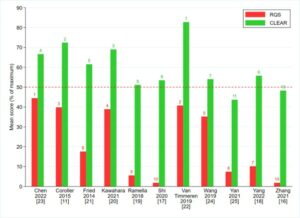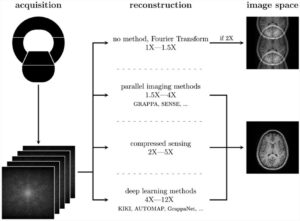The aim of this study was to present an in vivo stability analysis of radiomic features for pulmonary nodules against varying radiation dose levels. The authors found that a large majority of pulmonary nodule radiomic features were not inherently robust to radiation dose level variations and determined that a lower radiation dose introduces increasingly random noise and bias to radiomic feature values of pulmonary nodules.
Key points
- The vast majority of commonly used radiomic features are strongly influenced by variations in radiation dose level.
- A small minority of radiomic features, notably the shape feature class, are robust against dose-level variations according to ICC calculations.
- A large subset of radiomic features can be corrected by a linear model taking into account only the radiation dose level.
Authors: Gijs A. Bartholomeus, Wouter A. C. van Amsterdam, Annemarie M.den Harder, Martin J. Willemink, Robbert W. van Hamersvelt, Pim A. de Jong & Tim Leiner













